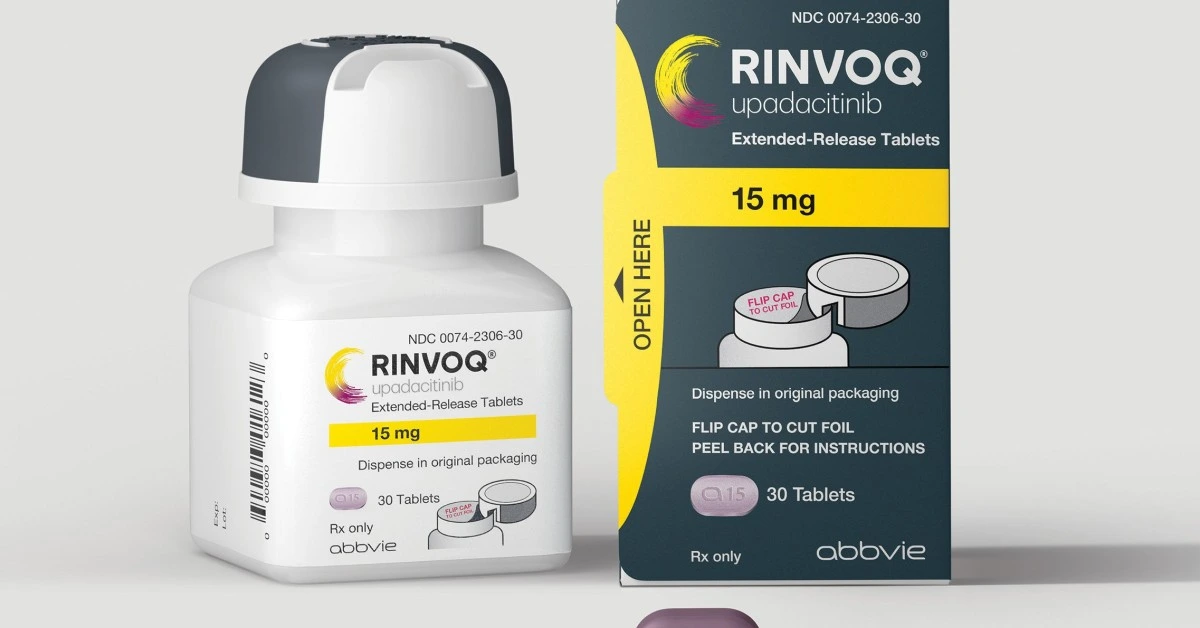
BELGIUM – Patients in the European Union suffering from giant cell arteritis (GCA), a serious autoimmune disease affecting the arteries, could soon have access to the first oral targeted therapy.
The European Medicines Agency’s (EMA) human medicines committee (CHMP) has recommended Rinvoq (upadacitinib) for approval as a 15mg, once-daily treatment for adults with GCA.
GCA causes inflammation in large and medium-sized arteries, mainly in the head, but can also affect the aorta and its branches.
Symptoms include headaches, jaw pain, stroke, and vision problems, which may lead to sudden blindness.
It primarily affects white women over 50, though men with the disease are more likely to experience vision-related symptoms.
The final approval from the European Commission (EC) is expected in the coming weeks. Additionally, a decision from the U.S. Food and Drug Administration (FDA) is anticipated within the next few months.
Current GCA treatments and the need for new options
For many years, GCA treatment relied on high-dose oral steroids, which are effective in preventing vision loss but cannot provide long-term disease control.
Extended steroid use also causes serious side effects, including osteoporosis, diabetes, and high blood pressure.
The first major advancement in treatment came in 2017 when Roche’s RoActemra/Actemra (tocilizumab), an anti-IL-6 antibody, was approved as a once-weekly injectable for GCA. However, patients still required steroids alongside it.
Rinvoq represents a new oral alternative that could provide effective, long-term disease management while reducing reliance on steroids.
Rinvoq’s clinical trial success
The approval recommendation for Rinvoq is based on the SELECT-GCA trial, a phase 3 study that evaluated Rinvoq versus placebo in combination with a steroid tapering regimen over 26 weeks.
Key findings from the trial showed:
A second part of the study is ongoing to determine whether remission can be maintained after stopping Rinvoq.
AbbVie’s strategy and market impact
Rinvoq is a crucial growth driver for AbbVie, with sales rising by over 50% in 2023, nearing US $6 billion.
AbbVie expects Rinvoq and Skyrizi (risankizumab), an anti-IL-23 antibody, to generate over US $31 billion in combined sales by 2027, up from US $17.7 billion in 2024.
XRP HEALTHCARE L.L.C | License Number: 2312867.01 | Dubai | © Copyright 2025 | All Rights Reserved